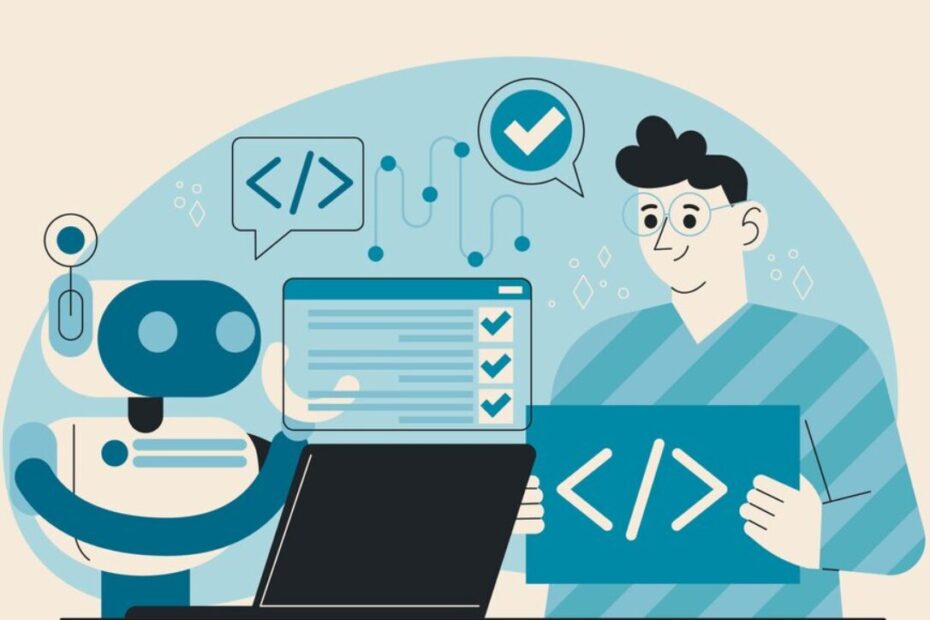The integration of Artificial Intelligence (AI) into software development is transforming the landscape of the industry in profound ways. AI’s capabilities to learn, reason, and solve complex problems are not only automating tasks but also enhancing the creativity and efficiency of software development processes. This article explores the future of AI in software development, highlighting the potential changes, challenges, and opportunities it presents.
Revolutionizing Coding with AI
AI technologies are set to revolutionize the way developers write code. Machine learning algorithms can analyze vast amounts of code from existing projects to suggest optimizations, detect potential bugs, and offer solutions to complex problems. Tools like GitHub Copilot are already providing glimpses into this future, where AI assists in code generation, significantly reducing the time and effort required to develop software.
Enhancing Testing and Quality Assurance
AI’s impact on testing and quality assurance is monumental. Automated testing tools powered by AI can quickly learn application behaviors and predict where future faults might occur, making the testing process more efficient and thorough. AI can also tailor testing strategies to the specific context of each project, leading to higher quality software and faster development cycles.
Personalized User Experiences
AI is enabling the creation of more personalized user experiences in software applications. By analyzing user data, AI can help developers understand user behavior and preferences, allowing for the customization of applications to meet individual needs. This capability is particularly significant in fields such as e-commerce, entertainment, and education, where personalization can significantly enhance user satisfaction and engagement.
Accelerating Project Management
Project management in software is becoming more dynamic with the integration of AI. AI algorithms can predict project timelines, allocate resources more efficiently, and identify potential bottlenecks before they become issues. This foresight can lead to better decision-making, optimized workflows, and more successful project outcomes.
Ethical and Security Considerations
With great power comes great responsibility. The integration of AI in software raises important ethical and security considerations. Ensuring the ethical use of AI, protecting user privacy, and securing AI systems against manipulation are paramount. Developers and companies must adhere to strict ethical guidelines and security practices to build trust and ensure the responsible use of AI technologies.
Overcoming the Skill Gap
The rapid advancement of AI in software development necessitates a workforce skilled in both software engineering and AI principles. This dual requirement presents a challenge but also an opportunity for education and training programs to evolve, preparing the next generation of developers for the AI-driven future of software development.
AI In Software Development
Enozom‘s suite of AI-powered software solutions is designed to automate and optimize every phase of the development cycle, from initial design to final deployment. an intelligent code assistant, leverages deep learning to provide real-time coding suggestions, bug fixes, and performance optimizations, dramatically reducing development time while enhancing code quality. Furthermore, Enozom’s commitment to ethical AI development and robust security measures sets a benchmark in the industry, ensuring that the evolution of AI in software development not only advances technological capabilities but also upholds the highest standards of ethical practice and data protection. Enozom’s contributions are not just technological; they are shaping the ethical and practical framework within which AI will continue to evolve in the software development industry.
Conclusion
The future of AI in software is brimming with potential, poised to redefine how software is designed, developed, and deployed. While challenges remain, particularly in ethics, security, and skills development, the opportunities for innovation and efficiency are unparalleled. As AI technologies continue to mature, their integration into software development promises to unlock new levels of creativity, personalization, and efficiency, paving the way for a new era of software innovation.
